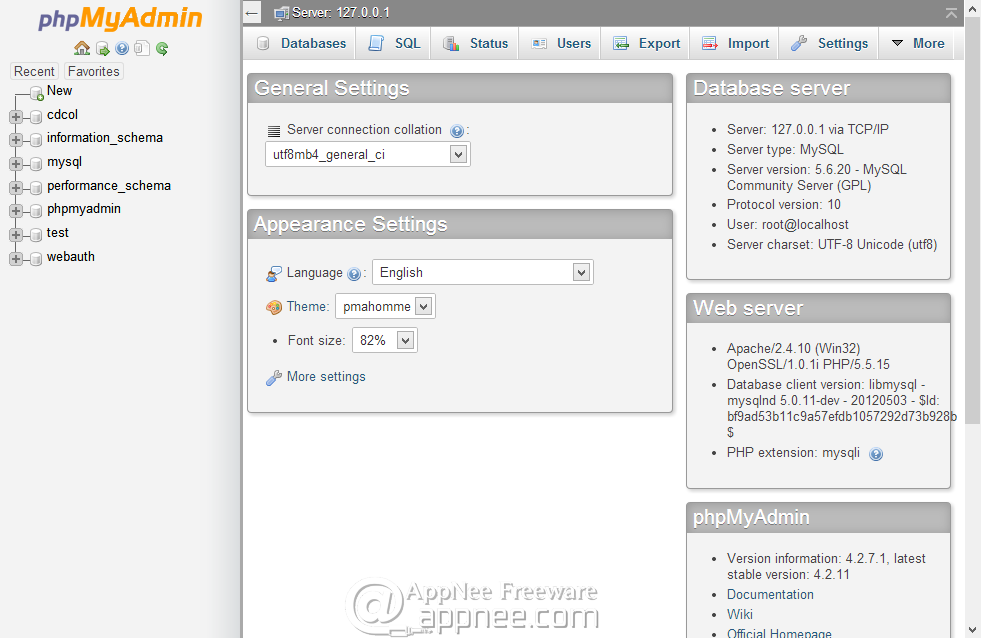

- Set up a local web server mac os x how to#
- Set up a local web server mac os x mac os x#
- Set up a local web server mac os x update#
- Set up a local web server mac os x download#

Set up a local web server mac os x update#
Most of the solutions suggested were already described in many places, for example here at macosxhints: 10.4: Manually add a Tiger Software Update Server This doesn't require any modifications on clients. I appreciate all your comments, although I must say only few people understand my solution so I will emphasise what matters this time again: We've been using this for about a year and it works beautifully, fabulously, flawlessly.
Set up a local web server mac os x download#
The advantages of this are 1) speed (it's a beautiful thing watching these updates download over 100Mb or Gigabit ethernet) 2) saves bandwidth on your WAN as you only have to download the updates once from Apple to your SU Server and 3) it only installs the updates that you have made available on your updates server. Software update then runs normally but downloads updates available on the local server instead of Apple's server. You may choose to manage this differently. We use "temporarily" so that when our users our at home they can run software updates directly with Apple's servers (which is fine with us). you have to press the "Save" button once you've entered in your temporary server address or this doesn't work) and then click the "Open Software Update" button. This is a little program you run on each client machine which allows you to either temporarily (which is what we use) or permanently change the address of the software update server that the client gets its updates from (note. The next step is to download "Software Update Client Configuration" from or. Ideally you have your own DNS server so that you can map a DNS name to the IP address of this machine (for convenience).
Set up a local web server mac os x mac os x#
You still need a machine with Mac OS X Server (sorry) setup on a static ip address with the Software Update Server turned on (part of Mac OS X Server). I have a slightly different (and I think simpler) method, though YMMV. Setting up a local software update server for Macs is a great idea and well worth it. I warned you and don't bear any responsibility for your bringing Apple's update servers down! I can't provide you with more details, as our DNS runs on Windows. Warning: I emphasized using internal DNS so you won't propagate Apple's own zone to the outside world. I also didn't test it much with Panther clients it possibly needs different redirects for that. Maybe there's a way to have the DNS and SUS running on one server, perhaps via two IP addresses and tweaking of config files.
Set up a local web server mac os x how to#
To be honest, I didn't have much time to think how to set it up without extra hardware I just happened to have a spare mini for this purpose. The only downside of this setup is the mini complaining in system.log that it has no reverse DNS entry for itself. Now just run Software Update on the clients, and enjoy the speed of downloads! Using Safari, following this link to Apple's catalog on your SUS should show Apple's real catalog ( ApplePostURL should start with ), while the same on other computers in your network should resolve and be forwarded to your SUS, ( ApplePostURL will start with :8088 this time).

And I didn't find any other similar solution on the internet not even here! It does require Mac OS X Server, however. This doesn't require any modifications ( defaults write.) on clients - it just works. This is a way to transparently set up a server to cache software updates on your local network.


 0 kommentar(er)
0 kommentar(er)
